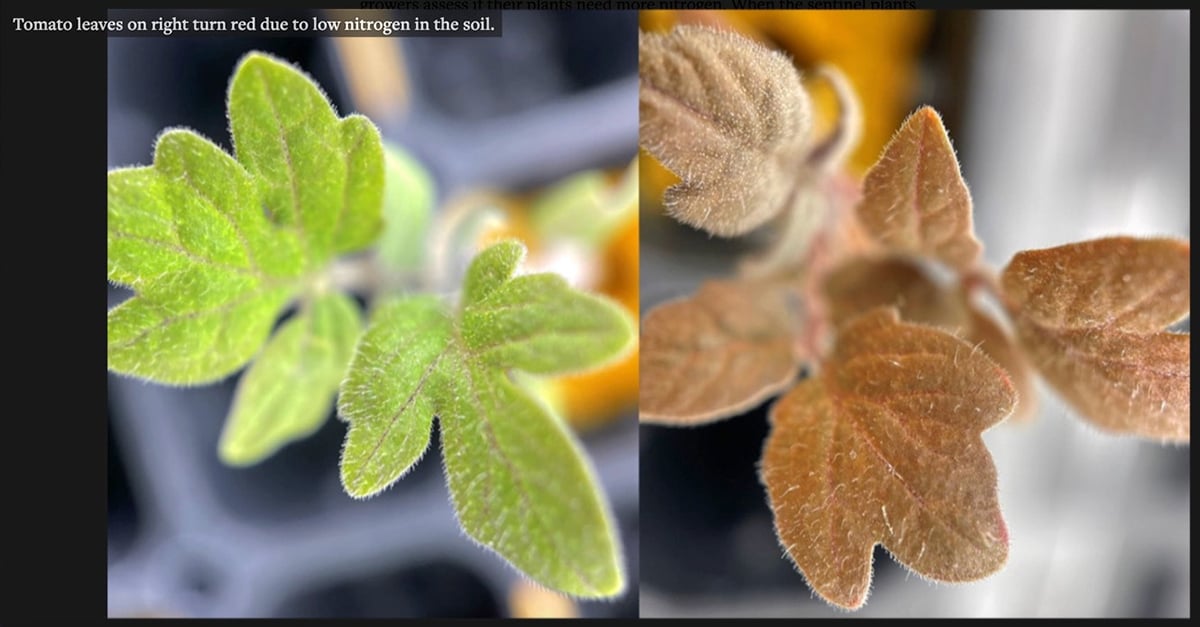The international community must find a way to move beyond the emotional debate over genetically modified organisms if the world is to respond to the challenge of reducing poverty and hunger, says a leading international advocate of agricultural research.
Ian Johnson, chair of the consultative group on international agricultural research, or CGIAR, and vice-president of the Washington-based World Bank, said in an Ottawa speech Oct. 9 that agricultural advances will be key if the world is to feed an additional two billion people and help regions such as Africa feed the estimated 800 million people who now are undernourished.
Read Also

American researchers design a tomato plant that talks
Two students at Cornell University have devised a faster way to detect if garden plants and agricultural crops have a sufficient supply of nitrogen.
“Africa was left behind in the Green Revolution,” he told a lunch held to commend Canada and international development minister Susan Whelan for support of agriculture and research in development. “It must not be left behind in the next agriculture revolution.”
For many, that next revolution to produce higher yielding, more nutritious and drought resistant seed varieties will be based on biotechnology advances.
Johnson said CGIAR does not have an “overarching” policy on the GM issue.
But it does believe that the controversial debate must be recognized and managed.
“We feel very strongly at the World Bank that there is a case to be made for a full dispassionate and balanced review of the issue,” he said.
One possible avenue would be establishment of a credible international committee to study the issue thoroughly.
“One of the issues it would have to address is, if not GMO then what is the alternative?” Johnson asked in an interview, noting the importance of agricultural research.
“Agriculture will be at the core of economic growth and economic growth will be at the core of poverty reduction,” he said.














